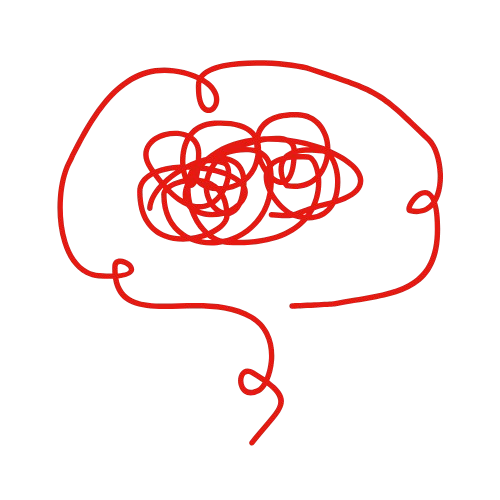- Published on
The Hidden Power of Micro-Habits: Small Changes, Big Impact
- Authors

- Name
- Mindmire
- @Md_Khokon_Mia
The Hidden Power of Micro-Habits: Small Changes, Big Impact
I've been noticing a growing fascination with the concept of micro-habits. It's a topic that's been steadily gaining traction, particularly in the realm of personal development. The data shows that these small, seemingly insignificant actions can accumulate over time to produce substantial changes. But why do micro-habits work so effectively, and how can we harness their potential to improve our lives?
The Science Behind Micro-Habits
Micro-habits are essentially tiny, manageable actions that require minimal effort and time to perform. According to BJ Fogg, a behavior scientist at Stanford University, these small actions are often more successful than larger habits because they require less motivation and are easier to integrate into our daily routines. This makes them particularly resilient to disruptions and less likely to trigger a backlash of resistance.
For instance, consider the micro-habit of doing a single push-up every morning. While it might seem trivial, this act sets the stage for a larger workout routine by creating a consistent entry point into exercise. Over time, as the micro-habit becomes ingrained, it naturally expands, leading to more significant fitness achievements without overwhelming the individual at the onset.
The Compound Effect of Micro-Habits
The magic of micro-habits lies in their cumulative effect. Much like compound interest, the benefits of these small habits multiply over time. James Clear, author of "Atomic Habits," emphasizes that habits are the compound interest of self-improvement. He illustrates that a 1% improvement every day results in a 37-times improvement over a year.
This principle is observable in various domains. For example, reading one page of a book each night can lead to finishing several books within a year, significantly broadening one's knowledge without a daunting time commitment upfront. Similarly, writing a single sentence daily can lead to completing a novel over time.
Addressing Skepticism and Alternative Perspectives
Skeptics might argue that such small changes are too inconsequential to make a real difference, especially when faced with substantial goals. However, research suggests that the consistency and psychological reinforcement provided by micro-habits build momentum and confidence, which are crucial for tackling more significant challenges.
Critics also point out that micro-habits might not suit everyone, particularly those who thrive on immersive, intensive experiences. While this is valid, micro-habits can complement rather than replace larger efforts, serving as a foundation upon which more substantial actions are built.
Practical Applications and Takeaways
To incorporate micro-habits effectively, it's essential to start small and be consistent. Identify an area you'd like to improve, and design a micro-habit that aligns with it. The key is to make it so easy that it feels almost impossible to skip. Over time, as the habit becomes second nature, you can gradually increase its complexity or intensity.
For instance, if you want to improve mindfulness, begin with a micro-habit of taking three deep breaths every morning. This simple practice can create a moment of calm, grounding you for the day ahead. As you become more comfortable, you might extend this into a longer meditation session.
Broader Implications and Next Steps
The power of micro-habits extends beyond personal development. Organizations can leverage them to foster cultural shifts and drive change, while educators can use them to instill lifelong learning habits in students. The potential is vast, limited only by our willingness to experiment and adapt.
As you reflect on your own routines and aspirations, consider what micro-habits you might introduce to catalyze change. What small actions could serve as the building blocks for your larger goals? By embracing the power of micro-habits, you may find that the path to significant transformation is not as daunting as it seems.
What micro-habit will you start today to set the stage for tomorrow's success?